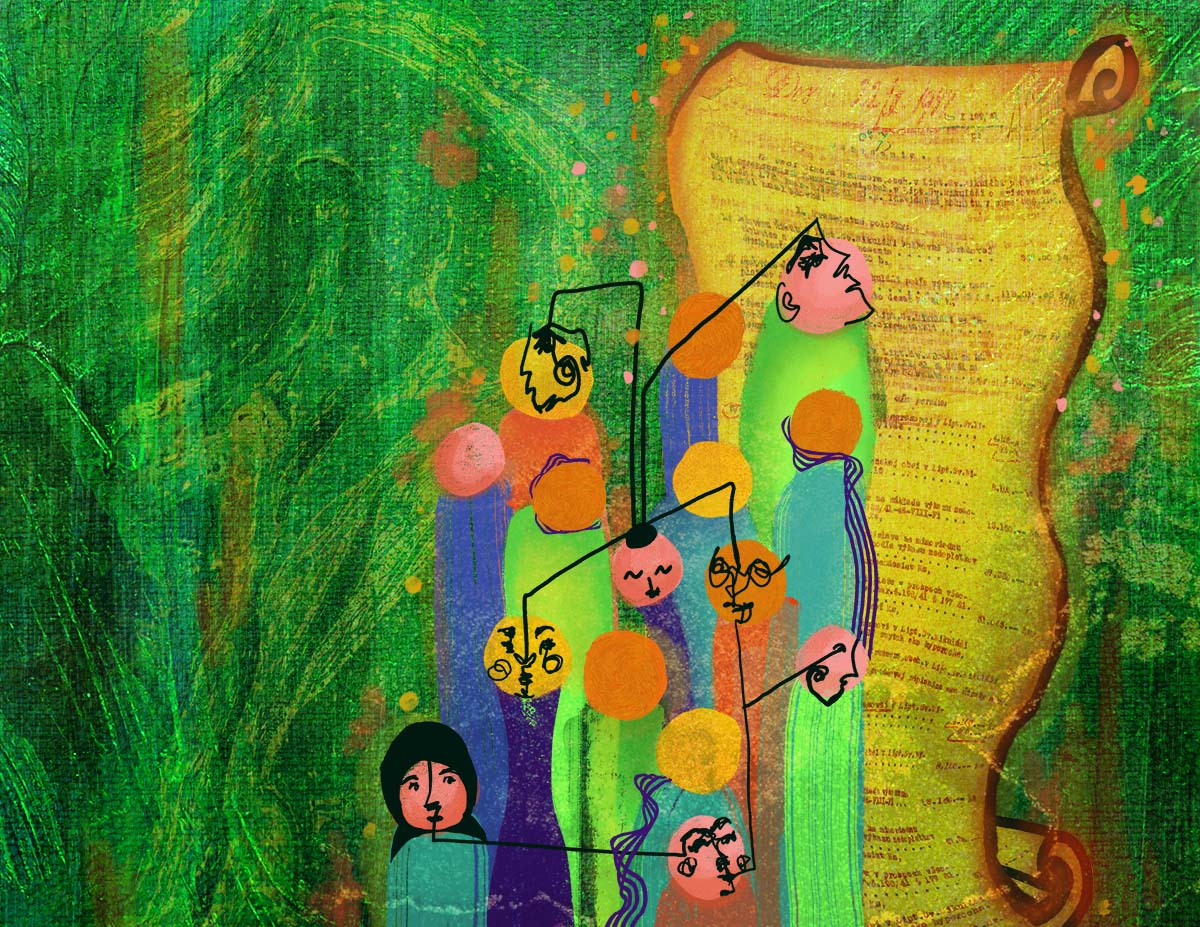The Socialist Fightback club organized the pro-Marxist event on how to fight back against the Bill
Over 80 participants attended an online panel on Feb. 7 geared towards Concordia students on how to challenge the controversial Bill 21.
The event was hosted by Socialist Fightback, an activist organisation that aims to promote Marxist ideas among students and workers. The group organized different panels such as ‘How to Overthrow Capitalism’, ‘The LGBTQ Struggle’ and the ‘Fight for Socialism’.
“Bill 21 will not be enough for them, as soon as they need to scapegoat Muslims or another religious group, they will try and bring it [secularism] up again,” said Benoît Tanguay editor of La Riposte socialiste, who led the discussion at the panel.
Bill 21 was passed in 2019, and bans the wearing of religious symbols by teachers and other government employees who are in positions of authority.
The bill is the first of its kind in North America, with a grandfather clause that exempts employees already in said positions, though they lose these exemptions if they are promoted or transferred to another institution.
In April 2021, the Quebec Superior Court upheld the majority of Bill 21, but stated the bill couldn’t be applied to teachers, principals, and vice-principals at public schools who teach in English as it would violate the protected minority-language education rights.
Tanguay explained that Bill 21 has to be fought by the classes and not the “bourgeoisie party,” as in the rich and those in power. According to Tanguay, it doesn’t matter if the people in power are liberal or conservative, both use racism as a tool to push their agenda. “Racism is a useful tool to divide workers, to channel their anger away from those in power,” said Tanguay.
The National Council of Canadian Muslims (NCCM) said in a statement that “Bill 21 is a form of second-class citizenship in Quebec, which is disturbing and is punishing minorities by withholding identities.”
“It has come in the way of the careers of many Quebecers wearing a kippah, a turban, or a hijab. Simply put, forcing Quebecers to choose between their jobs and their identities is unjust,” explained the statement.
In 2021, Fatemeh Anvari, an elementary school teacher in Chelsea, Quebec was told she could no longer teach in class because she was wearing a hijab, and was moved to a position outside the classroom.
The NCCM said that in 2019 they filed a lawsuit within 24 hours of Bill 21 being passed along with the Canadian Civil Liberties Association, and while they have not yet been fully successful, they were able to strike down parts of the law earlier this year.
Now the NCCM is headed to the Court of Appeal of Quebec to strike down the rest of the law.
“This is not an easy road, not least because of the Quebec government’s use of the notwithstanding clause in the crafting of the law in an attempt to shield it from constitutional challenges,” said the NCCM.
The United Nations has warned Canada about how Bill 21 violates fundamental human rights, and the NCCM have said they have been repeatedly disappointed as federal leaders sit on the sidelines, allowing the livelihoods of minority groups in Quebec to be taken away.
The NCCM outlines steps people can take to help stop Bill 21, and they have begun a petition calling the Prime Minister to intervene. According to Change.org, if the petition acquires 75,000 signatures it will be the largest one on the website.
“We have seen students and community organizers rise up and protest the bill on the streets. But the road ahead is long, and we need to see more Quebecers and Canadians stand up and take action against this law,” implored the NCCM.
Graphic by Maddy Schmidt




